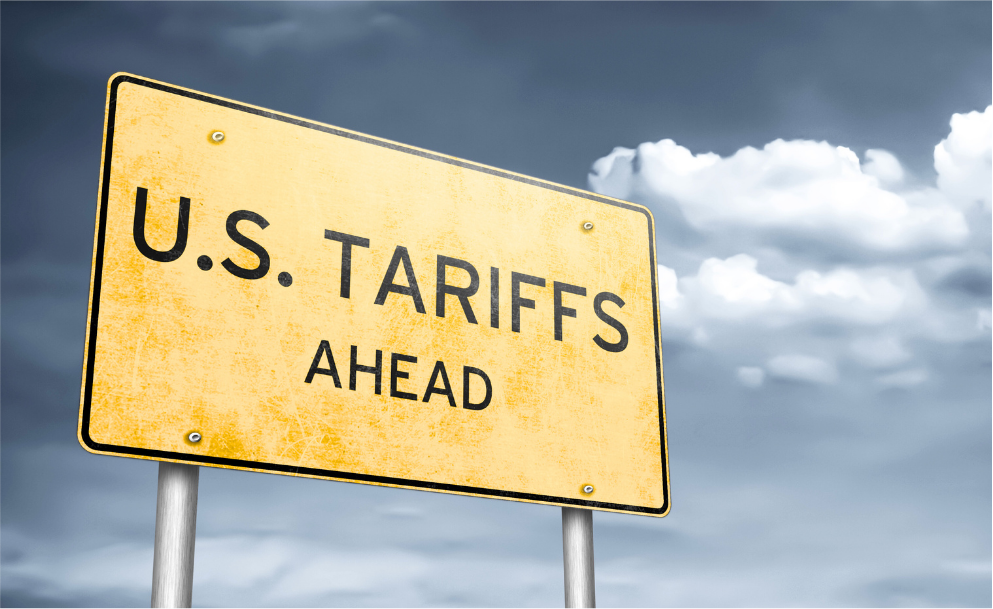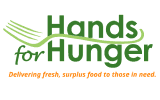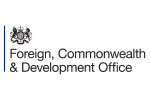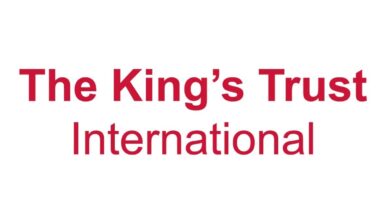04 April 2025
Only days after US Secretary of State Marco Rubio’s tour of the Caribbean, President Donald Trump has created another powder keg when he announced sweeping global tariffs on countries including those in the region.
Trump’s 1 April executive order imposed a blanket 10% tariff on most Caribbean countries, while in the case of Guyana, the tariff is as high as 38% according to the White House website. The new tariffs are being justified under the International Emergency Economic Powers Act (IEEPA) and framed as a response to “non-reciprocal” trade relationships.
The move has rattled CARICOM, where around 40% of exports—such as petroleum, agriculture, and manufactured goods—are shipped to the US. Barbados Prime Minister Mia Mottley described the policy as “a blindsiding blow to our economic stability,” while Trinidad and Tobago’s LNG sector began evaluating its impact on US competitiveness. Regional consumers may face rising prices for US imports like food, worsening inflation.
“The government of Guyana has taken note of the reciprocal tariffs announced by the US Government… our Government is closely engaged with our US partners to better understand the issue and have it addressed as appropriate,” said Guyana’s Finance Minister Ashni Singh.
CARICOM currently imposes tariffs on US products under its Common External Tariff, ranging from 0–20% on industrial goods and up to 40% on agriculture. The situation has raised fears of economic instability across the Caribbean and marked a potential turning point in US–CARICOM trade relations.
Days earlier, Secretary Rubio completed a largely positive tour of the region where the Trump Administration’s foreign policy was on the agenda, as regional leaders sought to directly address a range of thorny issues at the heart of recent geopolitical tensions.
His meetings in Jamaica, Guyana, and Suriname underscored a sharp focus on trade, the Cuban medical programme, energy security, organised crime, migration, and the deepening rivalries with China and Venezuela.
Rubio’s meeting with Prime Minister Andrew Holness in Jamaica tackled multiple high-stakes issues, including the controversial US travel advisory that urges Americans to “reconsider” travel to Jamaica due to crime.
“We’re going to go back and reevaluate the travel advisories as they currently stand to ensure that they do reflect the reality of the new numbers,” Rubio said, acknowledging that Jamaica has “made very impressive progress” in general numbers overall when it comes to the murder rate.
Much of the spotlight in Jamaica was on the Cuban medical programme, which the Trump Administration views as exploitative.
“We have no problem with medical assistance and we don’t have a problem with doctors. We have a problem… how it’s operated around the world… It’s not that they’re Cuban doctors, it’s that the regime does not pay these doctors, takes away their passports, and basically it is in many ways forced labour, and that we cannot be in support of,” said Secretary Rubio, attempting to clarify the US position.
However, Holness responded strongly in defense of the programme and Jamaica’s handling of Cuban doctors. “Let us be clear, the Cuban doctors in Jamaica have been incredibly helpful to us. We ensure that they are treated within our labour laws and benefit like any other worker,” said the Prime Minister.
Barbados Prime Minister Mia Mottley took the opportunity to directly raise alarms about a proposed US tariff on Chinese-built ships that could increase shipping costs dramatically.
“What we potentially face with the announced cess—levy, whatever you want to call it—on ships made in China will have serious and deleterious consequences for the commerce not just of Barbados, not just of the Caribbean, but also for Florida,” Mottley warned. She estimated that such a tariff could add between US$1,500 to US$4,000 to the cost of importing a single container.
Mottley urged the US to exempt Caribbean nations from the policy and wrote directly to President Trump in her capacity as CARICOM Chairman. Rubio offered only cautious reassurance: “Rest assured we will take that message back,” while defending the administration’s broader trade stance as an effort “to reset global trade in a way that’s fair to the US.”
Rubio and Mottley also discussed the US-Barbados partnership under the Caribbean Basin Security Initiative. According to a State Department spokesperson, the two leaders focused on “tackling illicit narcotics and firearms trafficking, dismantling organised crime networks, and strengthening regional security coordination.”
Talks with recently sworn in Trinidadian Prime Minister, Stuart Young focused on energy cooperation and border security. Young said he received assurances that “the US will not harm Trinidad and Tobago,” particularly in relation to the Dragon Gas Deal with Venezuela. Rubio was reportedly receptive, with Young adding, “We are moving full speed ahead.”
The pair also discussed the US designation of Venezuelan gang Tren de Aragua as a Foreign Terrorist Organisation. Rubio called on Caribbean nations to join the effort to dismantle such networks, noting, “Many of the guns and the weapons that are being used by gangs to commit acts of violence here in Jamaica are purchased in the US and then shipped here and we want to commit to doing more to stopping that flow.”
Security concerns reached a peak in Guyana, where Rubio issued a stern warning to Venezuelan President Nicolás Maduro over territorial claims on Guyanese land. “There will be consequences for aggressive action,” Rubio declared. “We have a big navy, and it can get almost anywhere.”
Guyanese President Irfaan Ali welcomed the firm stance, saying, “I’m very pleased at the reassurance of the US, ensuring the safeguard of our territorial integrity and sovereignty.” The US and Guyana also signed a new security memorandum targeting narco-trafficking, smuggling, and human trafficking.
Rubio did not hold back on his criticism of China either, referencing poor-quality infrastructure projects. “We almost all had concussions because the road was so bad – it was terrible,” he said of a Chinese-built road in Guyana. “They bring their workers. They don’t hire you.”
China’s mission in Guyana fired back, accusing the US of making “baseless accusations” and trying to “drive a wedge” between China, the Caribbean and Latin American countries.
The past few weeks in US-Caribbean relations have shown that while Rubio’s Caribbean tour may reflect the Trump Administration’s deeper engagement with the region as it seeks to push back against Chinese and Venezuelan influence, it is clear that the region may not be spared in the US’ push to rebalance its trade with the rest of the word.
Source: Caribbean Insight – Volume 47, Issue 7






